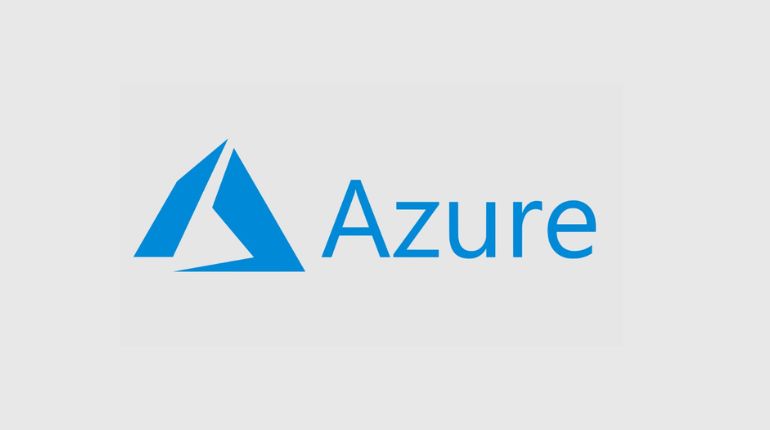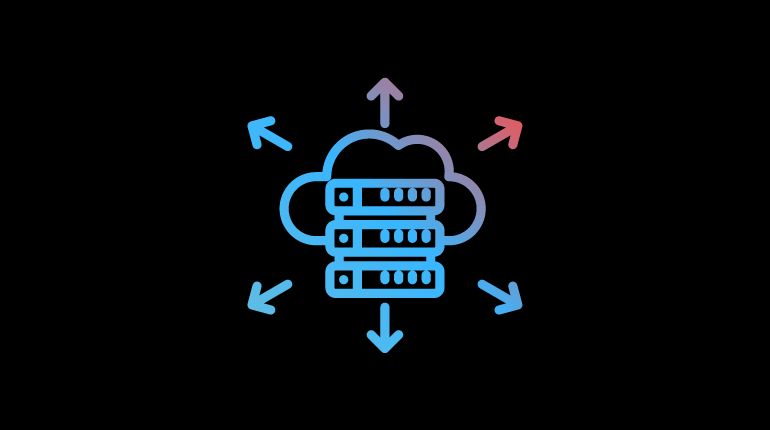Cloud computing is a model for delivering computing services, including servers, storage, databases, networking, software, and data analytics, over the internet. The aim is to offer faster innovation, flexible resources, and economies of scale in managing businesses.
An Insight Into Cloud Computing
When we say cloud, it refers to “the internet”. Cloud computing allows organizations to access these resources on demand without investing in and maintaining their infrastructure. It helps in reducing costs to create and manage infrastructures to maintain massive databases to keep track of volumes of ever-updating information. Also, huge chunks of data can be conveniently accessed anytime, thanks to cloud computing technology. Cloud computing systems also offer improved data security and backup solutions. So, it helps manage the data and keep them secure from breaches or cyber-attacks. It is one of the most important aspects of cloud computing you see on both public and private clouds.
Types of Cloud Computing
There are three significant classifications of cloud computing.
Public Cloud
Private Cloud
A private cloud is a dedicated, single-tenant environment built for a specific organization and provides more control, customization, and security than a public cloud. Some examples of private cloud providers can be Dell, VMWare, and Oracle. Private cloud solutions are typically owned and operated by the organization that uses them. Sometimes they are managed by a third-party company that provides dedicated infrastructure for a single customer.
Private clouds offer the same benefits as public clouds. The twist here is additional security, customization, and control. Not to mention, all of these features are provided at a substantially high price range.
Hybrid Cloud
A hybrid cloud is a combination of public and private cloud functions. It allows organizations to take advantage of the benefits of both types of clouds.
Difference Between Public Cloud and Private Cloud
Here are some of the primary differences between public and private cloud solutions. Conclusion That’s a wrap on the difference between the public cloud and the private cloud. Both public clouds and private clouds have their advantages and disadvantages. The choice between public and private clouds will depend on the organization’s specific requirements. A private cloud should be an apt choice for companies that require an expensive yet high level of security and customization. On the other hand, for organizations that are looking for cost-effective solutions, a public cloud will be a wise choice. I hope this article answers your doubts and questions regarding the public and private clouds.

